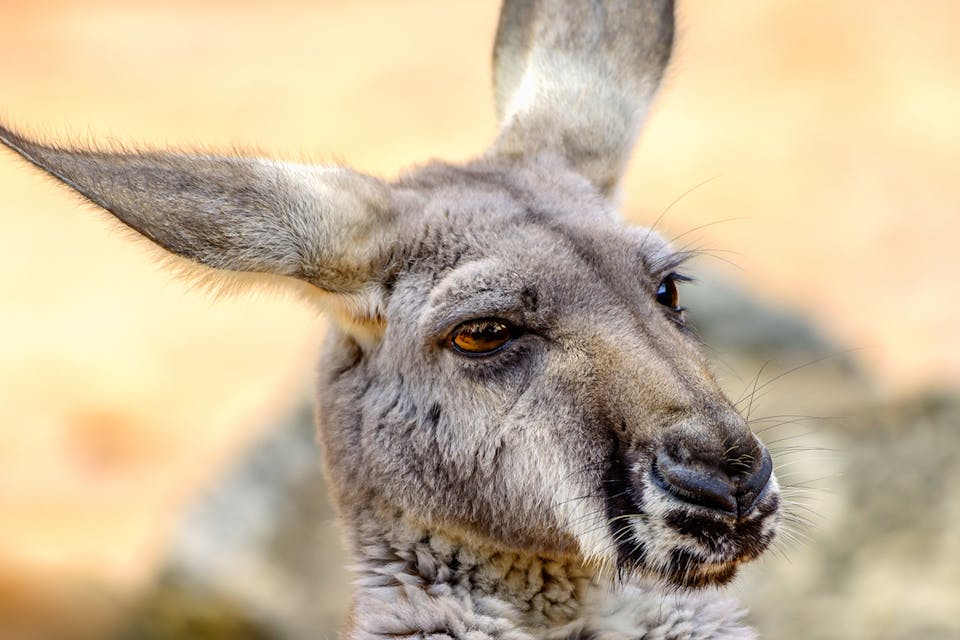
June 17, 2020
The Origins of the Phrase “Kangaroo Court” Have Been Hiding in Plain Sight
Elaborate comparisons between the stare of the judge and the stare of the kangaroo, begone.
“A kangaroo court,” U.S. Secretary of State Mike Pompeo called The Hague’s International Criminal Court on June 11, shortly after President Trump imposed on it sanctions for its allegedly discriminatory treatment of the United States and Israel. I don’t doubt the allegation, especially when it comes to Israel. But where, I found myself wondering, does the expression “kangaroo court” come from? I must have seen and heard it hundreds of times without stopping to look into the matter.
Now I have, and I’ve discovered an odd thing. Although the key to the history of the phrase “kangaroo court” has long been common knowledge, no one seems ever to have used it to pass through the door that it opens. No one, that is, before President Trump came along and I wrote this column. If you find that hard to believe, I do too.
The common knowledge is that the phrase “kangaroo court” first occurred in print in English in 1853, in a book entitled A Stray Yankee in Texas. It’s a work cited by every reference to the subject. Its author was the well-known humorist Samuel Adams Hammett (1816-1865), who wrote under the pseudonym Phillip Paxton. Born in Connecticut and raised in New York City, Hammett spent several years as a young man working in Texas, which was then still an independent republic that had not yet joined the federal union, and he later wrote about the experience.